
The Way to Wealth
Recommendation
Born in 1706, Benjamin Franklin could do almost anything, and did. When he wasn’t helping to lead the American Revolution, co-writing the United States’ Declaration of Independence, inventing bifocals, or serving as his nation’s ambassador to France, Franklin grew rich writing and publishing Poor Richard’s Almanack, for which The Way To Wealth served as a preface. This short essay, first published in 1758, has been translated into many languages and reprinted frequently. Franklin’s bottomless capacity for witty, pithy, useful aphorisms keeps his words in the minds and mouths of readers worldwide 250 years after he first printed his book. Franklin wrote Poor Richard’s under the pen name Richard Saunders but, despite his everlasting denials, everyone in the American colonies knew that Franklin was the author. He sold 10,000 copies annually by subscription, which, given America’s colonial population, is equivalent to selling three million copies today. Franklin’s advice on daily life, worthy effort, human nature, fiscal habits, clothing, vanity and prudence remains hilarious, true and, for most, almost impossible to follow. getAbstract recommends Franklin’s classic counsel and overview of life to anyone with a sense of humor, an appreciation for spare, direct, elegant prose, and a desire to understand – and perhaps change – every bad habit that makes people human.
Summary
About the Author
A Founding Father of the United States, Benjamin Franklin, born in 1706, was a statesman, revolutionary, author, inventor, scientist, firefighter and chess master. He performed breakthrough experiments on electricity, proved that lightning was an electrical phenomenon and invented the lightning rod. He also devised the Franklin Stove, a simple, effective device that captures the heat of a fireplace and reflects it back into a room; an odometer for horse-drawn carriages; and bifocal glasses. Franklin researched and named the Gulf Stream ocean current. A masterful chess player, he wrote the second known essay on chess published in the United States. He co-founded one of the earliest volunteer firefighting companies in America and served as governor of the state of Pennsylvania. Franklin became a fervent abolitionist, freeing his slaves and opposing slavery in the United States and elsewhere. A tireless public servant, Franklin risked his fortune and his life opposing England’s rule over the American colonies. He was a leader of the American Revolution and contributed to the writing of the Declaration of Independence. He was the first Postmaster General of the United States and helped establish its postal service. During the Revolutionary War, Franklin lived in Paris as the American ambassador to France. After the war, he attended the Philadelphia Convention, which produced America’s Constitution. Franklin is a signatory of the US Constitution as well as of the Declaration of Independence.








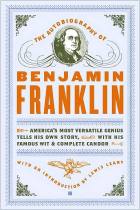
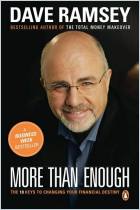
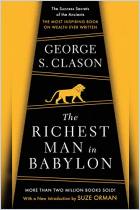

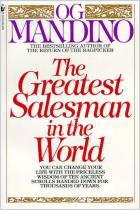

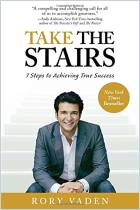




Comment on this summary